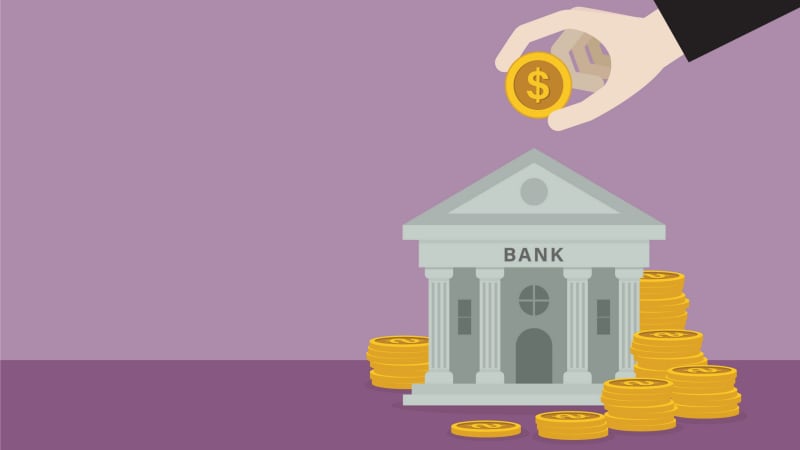Does closing a bank account hurt your credit?

Quick insights
- Closing a bank account generally does not directly affect your credit score, as these are not credit accounts and their activities are not reported to credit bureaus.
- Indirect credit score impacts may occur in some specific situations, such as from unpaid fees leading to debt collections, or changes in credit utilization ratios if the account is linked to a credit line for overdraft protection.
- Proper management of your bank account is important, especially if it's linked to automatic payments for credit obligations. Insufficient funds might potentially lead to missed payments and a negative impact on your credit score.
Closing a bank account, such as a checking or savings account, typically does not directly impact your credit score. Your credit score is primarily influenced by your credit-related activities, such as borrowing and repaying debts, as reported by lenders to the major credit bureaus (Experian, Equifax, and TransUnion). Bank accounts are not considered credit accounts, and their activity is generally not reported to the credit bureaus.
How closing a bank account could affect your credit
There are a few scenarios in which closing a bank account might indirectly affect your credit score:
- Overdrafts / Unpaid Fees: Outstanding fees on a closed account can result in debt collection activities, which can affect your credit score.
- Credit line linked to credit utilization: If you close a checking account linked to a credit line, it might affect your overall credit utilization ratio, which is a factor in your credit score.
- Relationship with the Bank: In some cases, having a long-standing account with a bank may have a positive effect on your banking relationship and potentially help with loan approvals or better terms. However, this is not directly related to your credit score.
Types of account closure and impact
Closing a deposit account may affect your credit in specific situations, but closing lines of credit is normally more associated with credit impacts.
Checking and savings
When left unpaid, deposit account fees may have a marginal impact on your credit. That’s because a bank may choose to collect on unpaid fees, and this activity may appear on your credit report.
You must maintain sufficient funds in your checking account to pay your monthly credit card bill. This is especially important when it comes to auto pay. Failure to have the necessary funds will result in a No Payment and a downward adjustment to your credit score.
Making sure your account is in good standing
It's important to manage your checking account responsibly to avoid fees and potential issues. While these actions don't directly influence your credit score, managing the account you use to pay your credit card bills can be important. Late and missed payments can negatively affect your credit score.
The Bottom Line
While closing a bank account itself does not directly impact your credit score, it's important to address any outstanding fees and manage the account responsibly to avoid indirect effects that could harm your credit. Ensuring your accounts are in good standing and understanding the potential implications of linked accounts are key steps in maintaining a healthy credit profile.



